

Articles
How To Make Terrazzo Countertops
Modified: August 16, 2024
Learn the step-by-step process of creating stunning terrazzo countertops with our informative articles. Discover the techniques, materials, and tips you need to achieve beautiful results.
(Many of the links in this article redirect to a specific reviewed product. Your purchase of these products through affiliate links helps to generate commission for Storables.com, at no extra cost. Learn more)
Introduction
Terrazzo countertops have become increasingly popular in recent years due to their unique and timeless look. Terrazzo is a composite material made of chips of various stones, such as marble, quartz, granite, or glass, mixed with a binder, such as cement or epoxy resin. The result is a durable and stylish surface that can transform any kitchen or bathroom.
Creating a terrazzo countertop may seem like a daunting task, but with the right materials and tools, it can be a rewarding DIY project. In this article, we will guide you through the process of making your own terrazzo countertops, from preparing the base to sealing and polishing the finished surface.
Before we dive into the step-by-step instructions, let’s take a look at the materials and tools you will need for this project.
Key Takeaways:
- Creating terrazzo countertops is a rewarding DIY project that allows for customization and personalization, adding a touch of elegance and personality to any space. From preparing the base to sealing and polishing, attention to detail and patience are key for a professional finish.
- Proper maintenance and regular cleaning are essential for preserving the beauty and longevity of terrazzo countertops. Prompt attention to spills, the use of appropriate cleaning products, and periodic resealing and professional maintenance will ensure their long-term beauty and functionality.
Read more: What Is A Terrazzo Floor
Materials and Tools Needed
Making terrazzo countertops requires a few essential materials and tools. Here’s a list of what you’ll need:
Materials:
- Stone chips (marble, quartz, granite, glass, etc.)
- Binder (cement or epoxy resin)
- Pigments (optional, for coloring the binder)
- Water
- Sealer
- Polishing compounds
- Protective gloves
- Protective eyewear
- Dust mask
- Sanding pads (fine and coarse grit)
- Grout float
- Polishing machine or rotary sander
- Bucket and mixing tools
- Trowel
- Measuring cups
Tools:
- Angle grinder
- Diamond blade
- Wet polisher
- Drill with mixing attachment
- Sponge
- Microfiber cloth
It’s important to gather all the materials and tools before starting the project to ensure a smooth workflow. Some of these items may be available at local hardware stores or online. It’s better to purchase extra stone chips to account for any potential mistakes or to have some leftover for future projects.
Once you have all the necessary materials and tools, you can begin preparing the countertop base. This involves creating a sturdy and level surface to support the terrazzo mixture.
Preparing the Countertop Base
Before you can start pouring the terrazzo mixture onto the countertop, you need to ensure that the base is prepared properly. Follow these steps to prepare the countertop base:
- Start by removing any existing countertops or debris from the area where the terrazzo will be installed. Clean the surface thoroughly to remove dirt, grease, and any existing sealant.
- If you’re working on a new countertop installation, make sure the base is strong and level. If necessary, reinforce the base with additional support brackets or plywood. Use a level to ensure the countertop is perfectly flat.
- Apply a layer of primer to the countertop base. The primer helps the terrazzo mixture adhere to the surface and prevents air bubbles from forming. Follow the manufacturer’s instructions for the specific primer you’re using.
- Mix the binder according to the manufacturer’s instructions. For cement-based terrazzo, you’ll need to mix cement, water, and any desired pigments. For resin-based terrazzo, follow the instructions on the epoxy resin packaging. Make sure to wear protective gloves and eyewear while handling the binder.
- Spread the binder mixture evenly over the countertop base using a trowel. Aim for a thickness of around 1/4 inch, but adjust as needed depending on your desired terrazzo thickness. Smooth out the surface as much as possible.
- Allow the binder to cure according to the manufacturer’s instructions. This usually takes around 24 to 48 hours. During this time, keep the area well-ventilated and avoid any excess moisture or foot traffic on the countertop.
Once the countertop base is properly prepared and cured, you’re ready to mix the terrazzo mixture and pour it onto the countertop. This is where the magic happens, as you’ll be able to create a beautiful and personalized terrazzo design.
Read more: How To Make Wood Kitchen Countertops
Mixing the Terrazzo Mixture
Now that the countertop base is prepared, it’s time to mix the terrazzo mixture. This step involves combining the stone chips with the binder to create a durable and visually appealing surface. Follow these steps to mix the terrazzo mixture:
- Start by gathering your stone chips. You can choose a combination of different stones like marble, quartz, granite, or glass to create a unique and eye-catching terrazzo design. Make sure the stone chips are clean and free from any debris.
- Measure the appropriate amount of stone chips based on the size of your countertop and the desired thickness of the terrazzo layer. A general rule of thumb is to use a ratio of 2:1 (stone chips to binder) for cement-based terrazzo and follow the manufacturer’s instructions for resin-based terrazzo.
- If desired, you can add pigments to the binder to achieve a specific color or pattern in the terrazzo. Mix the pigments with the binder until the desired color is achieved. Remember to wear protective gloves and eyewear during this process.
- In a separate container, mix the binder with the stone chips. Use a drill with a mixing attachment to ensure the mixture is thoroughly combined. Adjust the mixture as needed to achieve the desired consistency. It should be workable but not too runny.
- Let the terrazzo mixture sit for a few minutes to allow any air bubbles to escape. Gently tap the container on the ground to help release any trapped air.
Once the terrazzo mixture is ready, it’s time to pour it onto the countertop and spread and level it to create a smooth and even surface.
Pouring the Terrazzo Mixture onto the Countertop
Now comes the exciting part of the terrazzo countertop creation process – pouring the terrazzo mixture onto the countertop base. This step allows you to bring your vision to life and create a stunning surface. Follow these steps to pour the terrazzo mixture onto the countertop:
- Prepare your workspace by covering the surrounding area with plastic or drop cloths to protect against spills and splatters.
- Using a bucket or container, pour your pre-mixed terrazzo mixture onto the countertop base. Start at one end and work your way to the other, ensuring even coverage as you pour.
- Spread the mixture evenly across the countertop surface using a grout float or trowel. Make sure to fill all the gaps and create a smooth and level layer.
- Use a putty knife or similar tool to push the mixture into any deeper areas or corners to ensure an even thickness throughout the countertop.
- If you’re creating a layered terrazzo design with multiple colors or patterns, pour and spread one layer at a time, allowing each layer to partially cure before adding the next.
- Once the terrazzo mixture is evenly spread, let it cure according to the manufacturer’s instructions. This process typically takes around 24 to 48 hours, but the actual time may vary depending on the specific materials used.
As the terrazzo mixture cures, it will harden and become a solid and durable surface for your countertop. Once it is fully cured, you can move on to the next step: sealing and polishing the terrazzo countertop.
Spreading and Leveling the Terrazzo Mixture
After pouring the terrazzo mixture onto the countertop base, the next step is to spread and level it to create a smooth and even surface. This process ensures that the terrazzo mixture is evenly distributed and gives your countertop a professional finish. Follow these steps to spread and level the terrazzo mixture:
- Start by spreading the terrazzo mixture evenly across the countertop surface using a grout float or trowel. Begin at one end of the countertop and work your way to the other end, making sure to cover all areas.
- Use the flat edge of the grout float or trowel to push the mixture into any gaps or low spots on the countertop. This will help fill in any imperfections and create a level surface.
- Work the grout float or trowel in a back-and-forth motion to smooth out the mixture and eliminate any air bubbles. This will give your countertop a polished and professional appearance.
- Pay attention to the edges and corners of the countertop. Use a putty knife or similar tool to push the terrazzo mixture into these areas and ensure a consistent thickness.
- If you’re creating a layered terrazzo design with different colors or patterns, repeat the spreading and leveling process for each layer, allowing each layer to partially cure before adding the next.
- Once the terrazzo mixture is spread and leveled, allow it to cure according to the manufacturer’s instructions. This usually takes around 24 to 48 hours, but the specific curing time may vary depending on the materials used.
By spreading and leveling the terrazzo mixture, you ensure that your countertop has a smooth and flawless finish. With the curing process complete, you can now move on to the next step: sealing and polishing the terrazzo countertop to enhance its beauty and durability.
Sealing and Polishing the Terrazzo Countertop
Once the terrazzo mixture has cured and the countertop is level and smooth, the next step is to seal and polish the surface. Sealing the terrazzo countertop helps protect it from stains, moisture, and daily wear and tear. Polishing enhances the luster and brings out the beauty of the stone chips. Follow these steps to seal and polish your terrazzo countertop:
- Start by cleaning the countertop thoroughly to remove any dust or debris. Use a mild cleanser and a damp sponge to wipe down the surface. Dry it completely with a microfiber cloth.
- Select a high-quality terrazzo sealer suitable for your specific terrazzo type (cement or resin-based). Follow the manufacturer’s instructions for application. Generally, you’ll need to pour the sealer into a clean container and use a sponge or brush to apply an even layer onto the countertop. Allow the sealer to penetrate the surface for the recommended time.
- Once the sealer has penetrated, use a clean cloth or sponge to wipe away any excess sealer and ensure an even and smooth finish. Avoid leaving behind streaks or puddles of sealer.
- Allow the sealer to dry completely. This typically takes 24 to 48 hours, but it’s essential to follow the specific instructions provided by the manufacturer.
- After the sealer has dried, it’s time to polish the terrazzo countertop. Use a polishing machine or a rotary sander fitted with a polishing pad. Start with a low grit pad (around 200 grit) and gradually move up to higher grit pads (400, 800, 1500, and 3000) to achieve a smooth and glossy finish.
- Keep the polishing pad wet to prevent dust and create a slurry to aid in smoothing the surface. Work in a circular motion, applying even pressure, and working one section at a time. Be patient and take your time during this step to achieve the desired results.
- Once you’ve completed polishing with the highest grit pad, wipe down the countertop with a clean, damp cloth to remove any residue or slurry.
With the terrazzo countertop sealed and polished, it is now ready to be admired and enjoyed. Regular maintenance and cleaning will help preserve its beauty for years to come.
Read more: How To Make Laminate Countertops Shine
Maintaining and Cleaning Terrazzo Countertops
Proper maintenance and regular cleaning are essential for keeping your terrazzo countertops looking their best and ensuring their longevity. Here are some tips on how to maintain and clean your terrazzo countertops:
1. Clean up spills promptly:
Wipe up any spills on your terrazzo countertops immediately to prevent staining. Use a soft cloth or sponge and a mild cleanser to gently remove any spills or sticky residue. Avoid abrasive cleaners or scrub brushes that can scratch the surface.
2. Use trivets and cutting boards:
Protect your terrazzo countertops by using trivets or hot pads for hot pots and pans. Avoid placing sharp objects directly on the surface, as they can scratch or chip the terrazzo. Use cutting boards when chopping or slicing to prevent damage to the countertop.
3. Avoid harsh chemicals:
Avoid using harsh cleaning chemicals, such as bleach or ammonia, as they can dull the shine of your terrazzo countertops. Stick to mild, pH-neutral cleansers specifically designed for terrazzo or natural stone surfaces.
4. Regularly sweep and wipe down:
Keep your terrazzo countertops clean by regularly sweeping away crumbs and dust. Wipe down the surface with a soft, damp cloth to remove any surface dirt or debris. This will help maintain the natural luster of the terrazzo.
5. Seal periodically:
Over time, the protective seal on your terrazzo countertop may wear off. To maintain optimal protection, periodically reapply a terrazzo sealer according to the manufacturer’s instructions. Sealing will help prevent staining and enhance the durability of the surface.
6. Avoid using abrasive scrubbers:
When cleaning your terrazzo countertops, avoid using abrasive scrub brushes or scouring pads, as they can scratch the surface. Stick to soft cloths, sponges, or non-abrasive cleaning tools to preserve the smoothness and shine.
7. Regular professional maintenance:
Consider scheduling professional maintenance for your terrazzo countertops every few years. Professional technicians can deep clean, polish, and reseal the surface to keep it looking like new.
By following these maintenance and cleaning tips, you can enjoy the beauty and durability of your terrazzo countertops for years to come. Regular care and proper upkeep will help preserve their stunning appearance and make them a focal point in any space.
Read more: How To Make Countertops Look Like Marble
Conclusion
Terrazzo countertops offer a unique and stylish option for enhancing the beauty of your kitchen or bathroom. By following the steps outlined in this article, you can create your own terrazzo countertops, adding a touch of elegance and personality to your space.
From preparing the countertop base to pouring and leveling the terrazzo mixture, each step plays a crucial role in achieving a professional and polished finish. Sealing and polishing the countertops not only enhances their durability but also brings out the natural beauty of the stone chips.
Maintaining your terrazzo countertops is important for preserving their appearance and extending their lifespan. Regular cleaning, prompt attention to spills, and using appropriate cleaning products will keep them looking their best. Additionally, periodic resealing and professional maintenance will ensure their long-term beauty and functionality.
Creating terrazzo countertops is a rewarding DIY project that allows you to customize and personalize your space with a unique and eye-catching surface. It’s a project that requires attention to detail and patience, but the end result is well worth the effort.
So, why settle for ordinary when you can have extraordinary? Consider adding the beauty and timeless appeal of terrazzo countertops to your home. Whether you’re revamping your kitchen or updating your bathroom, terrazzo countertops are sure to make a lasting impression.
Get ready to embark on this creative journey and enjoy the satisfaction of a beautiful, handcrafted terrazzo countertop that reflects your unique style and taste.
Now that you've mastered creating terrazzo countertops, why not tackle another exciting home renovation project? Hardwood floors can transform spaces, offering both beauty and durability. Whether updating your living room or refurbishing an entire house, selecting the right type of hardwood is crucial. Dive into our guide on the finest options available for any renovation project and discover how each type suits different areas of your home. Start planning your next upgrade today and see how new flooring can breathe life into your space.
Frequently Asked Questions about How To Make Terrazzo Countertops
Was this page helpful?
At Storables.com, we guarantee accurate and reliable information. Our content, validated by Expert Board Contributors, is crafted following stringent Editorial Policies. We're committed to providing you with well-researched, expert-backed insights for all your informational needs.
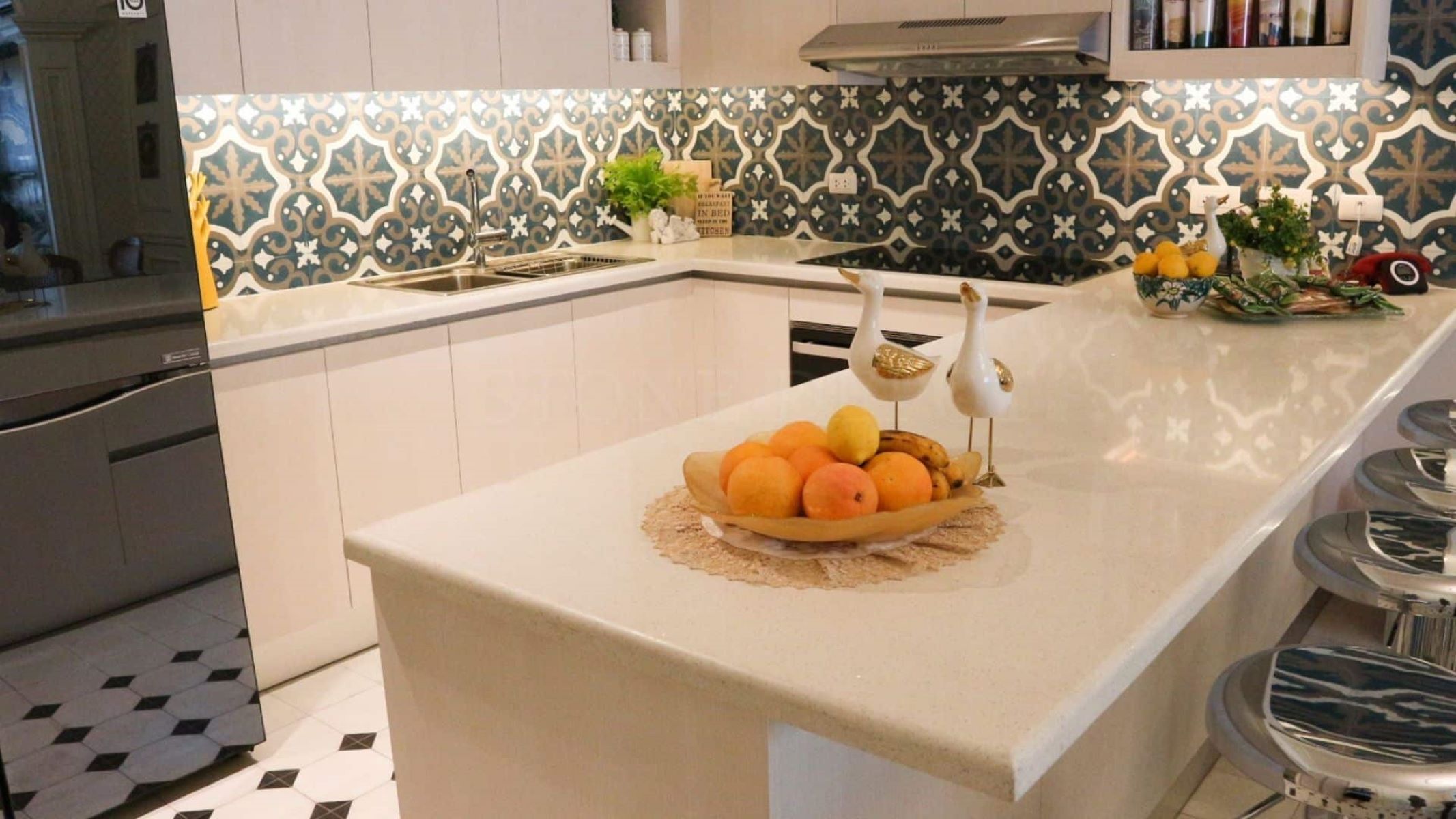

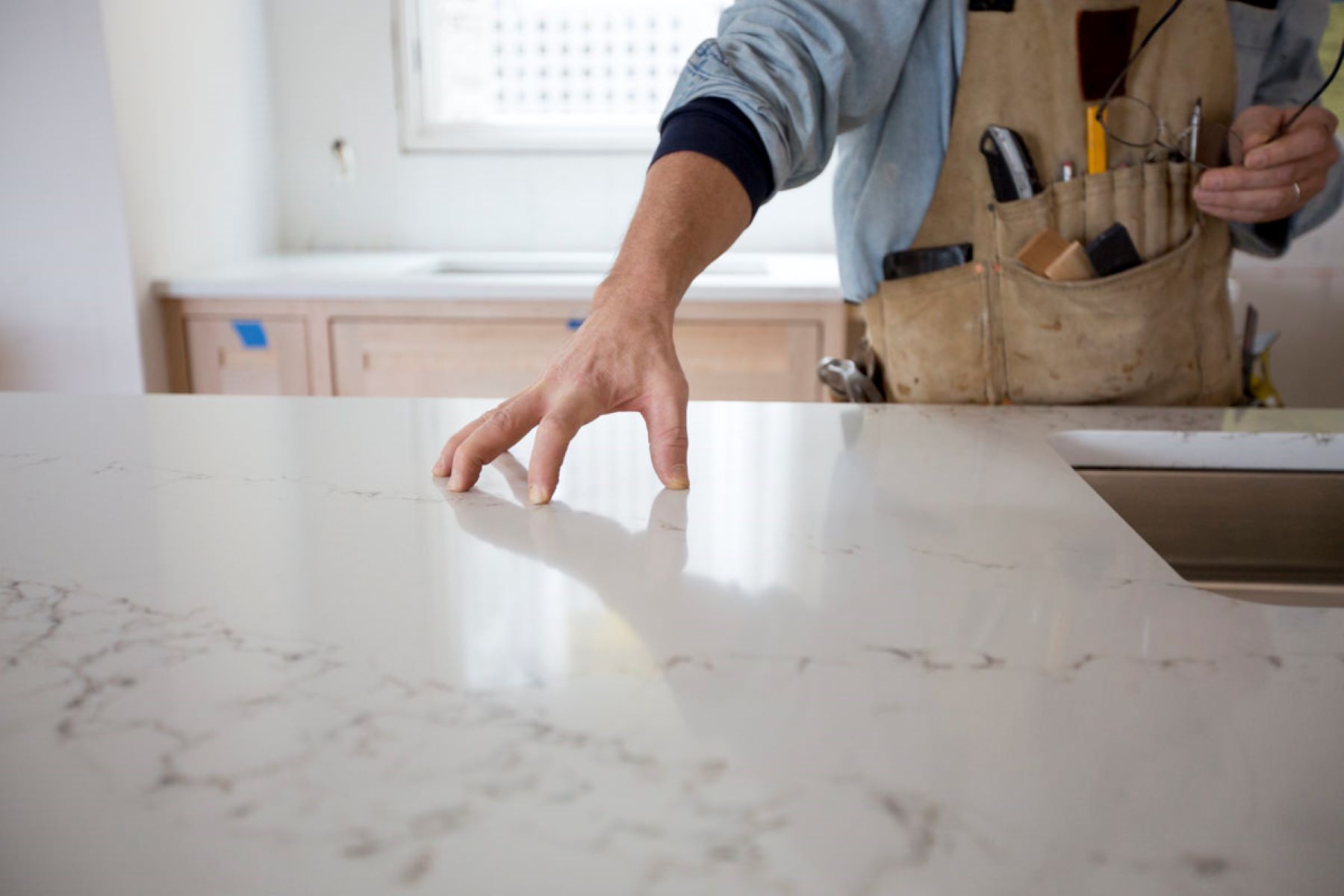
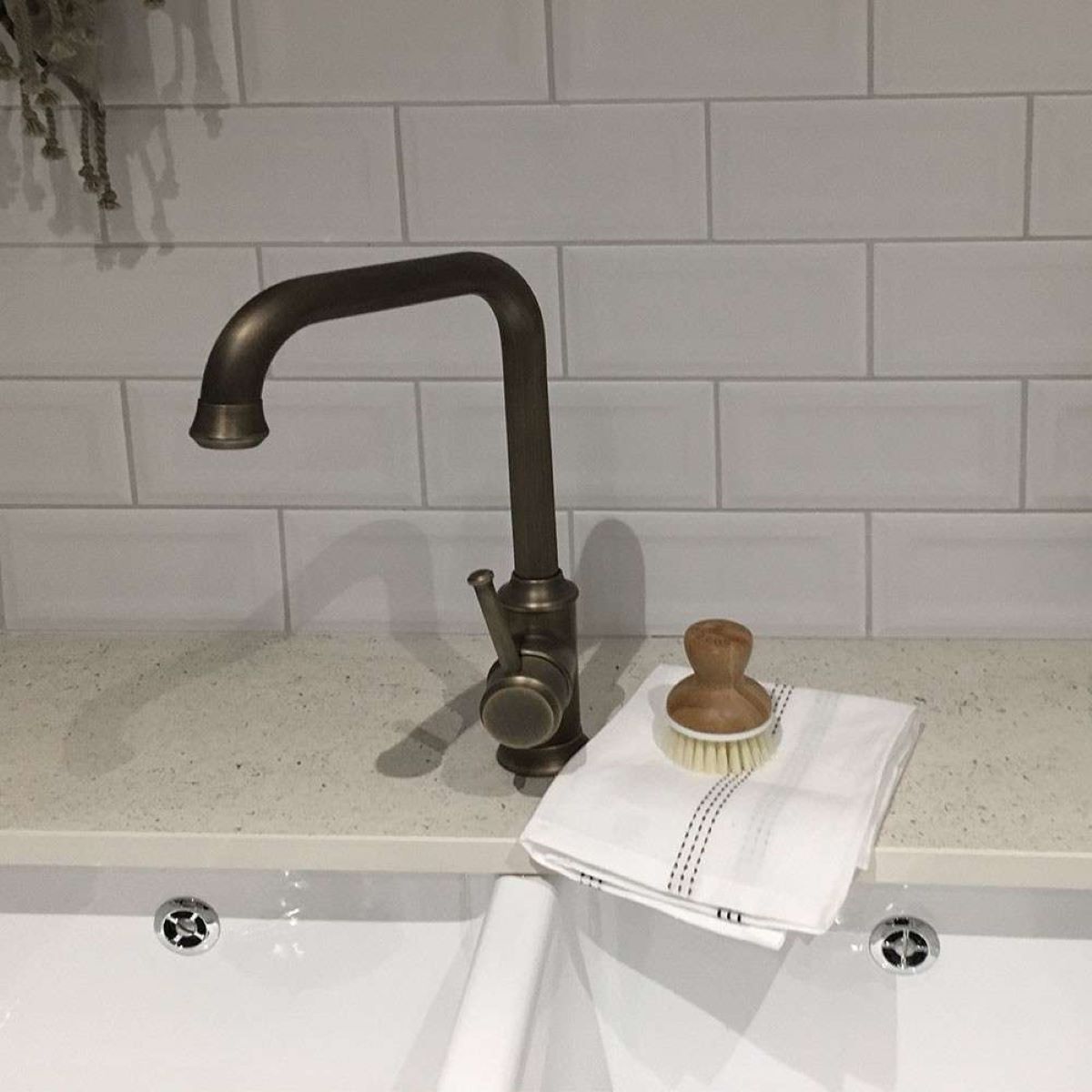



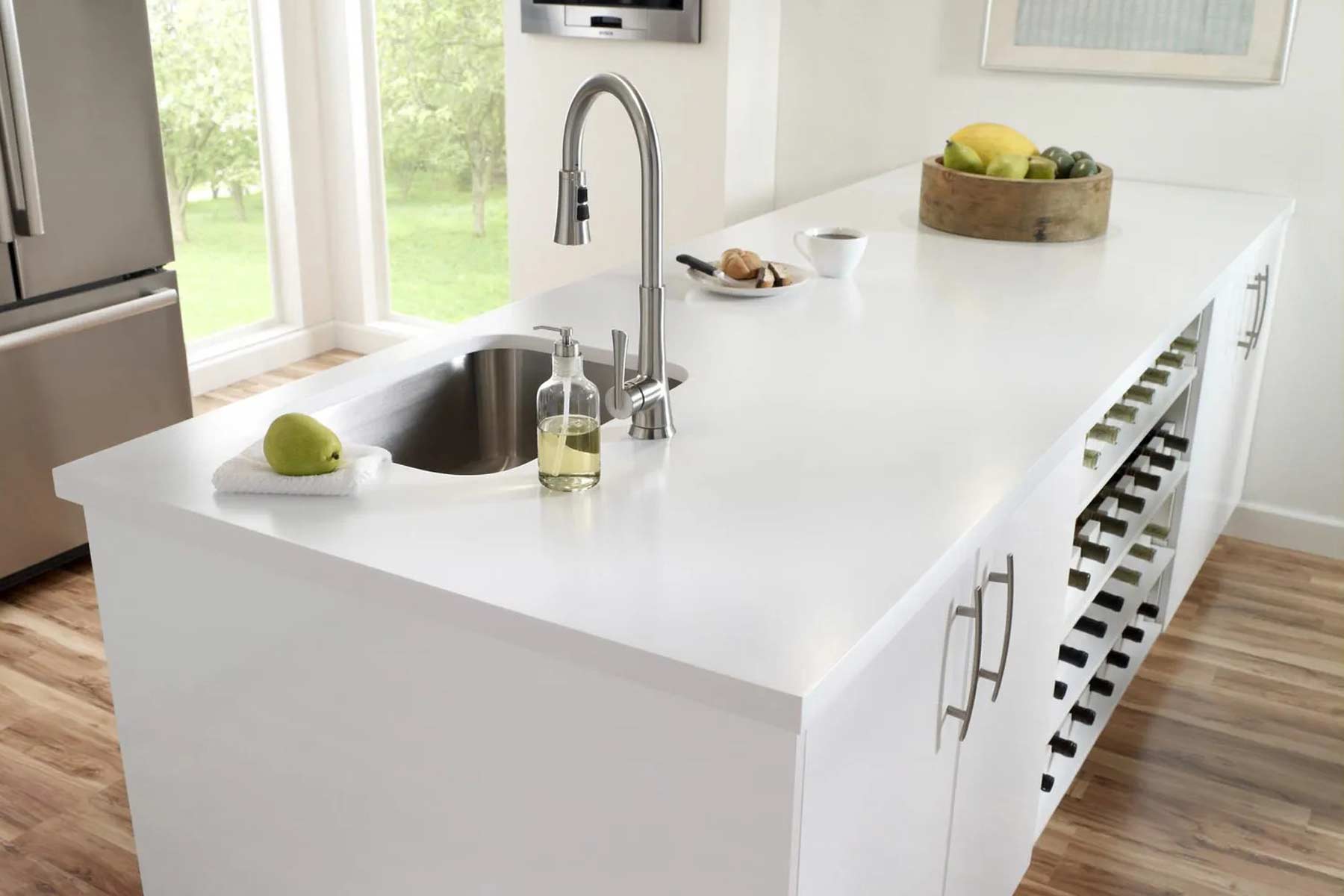
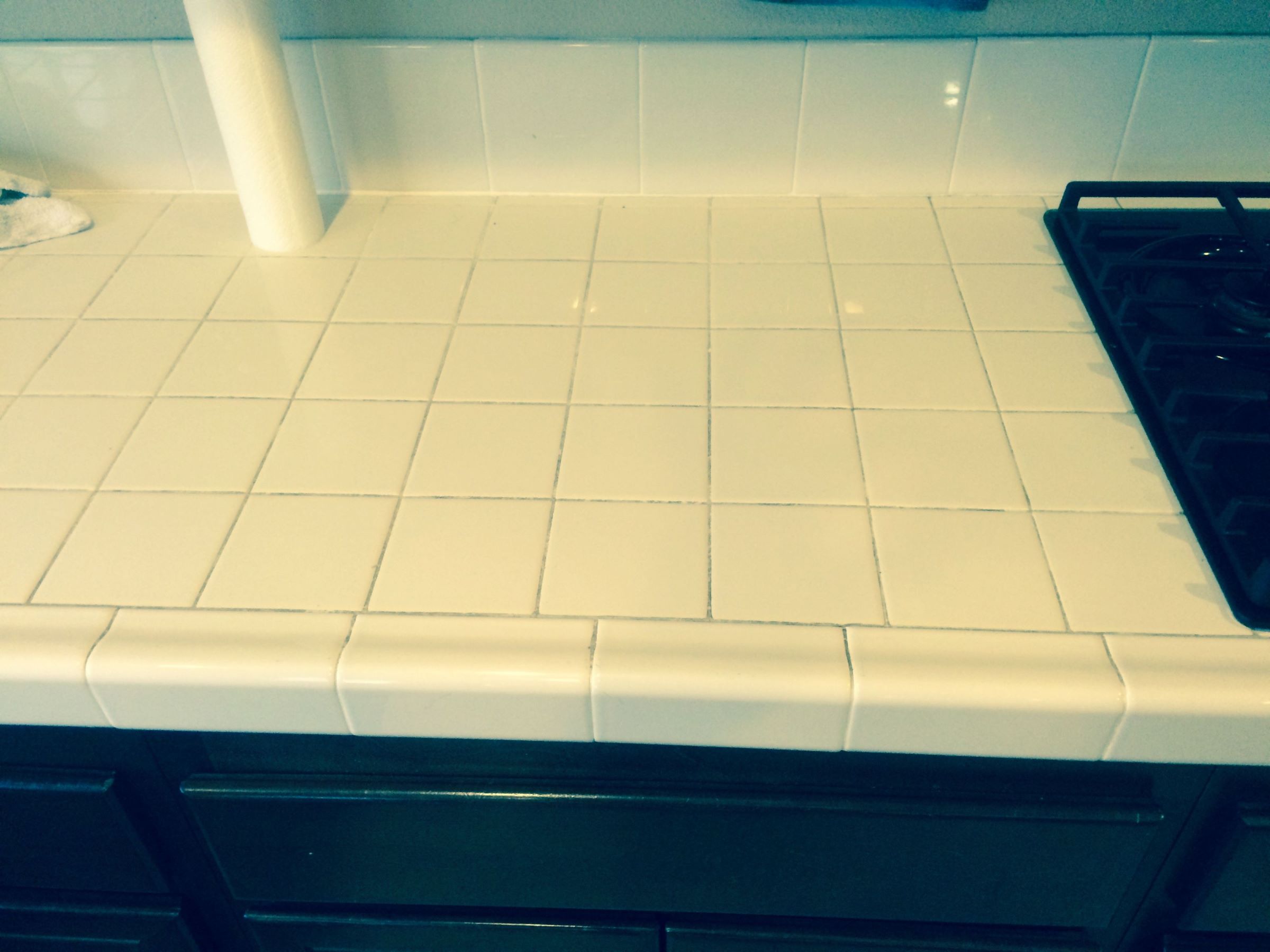
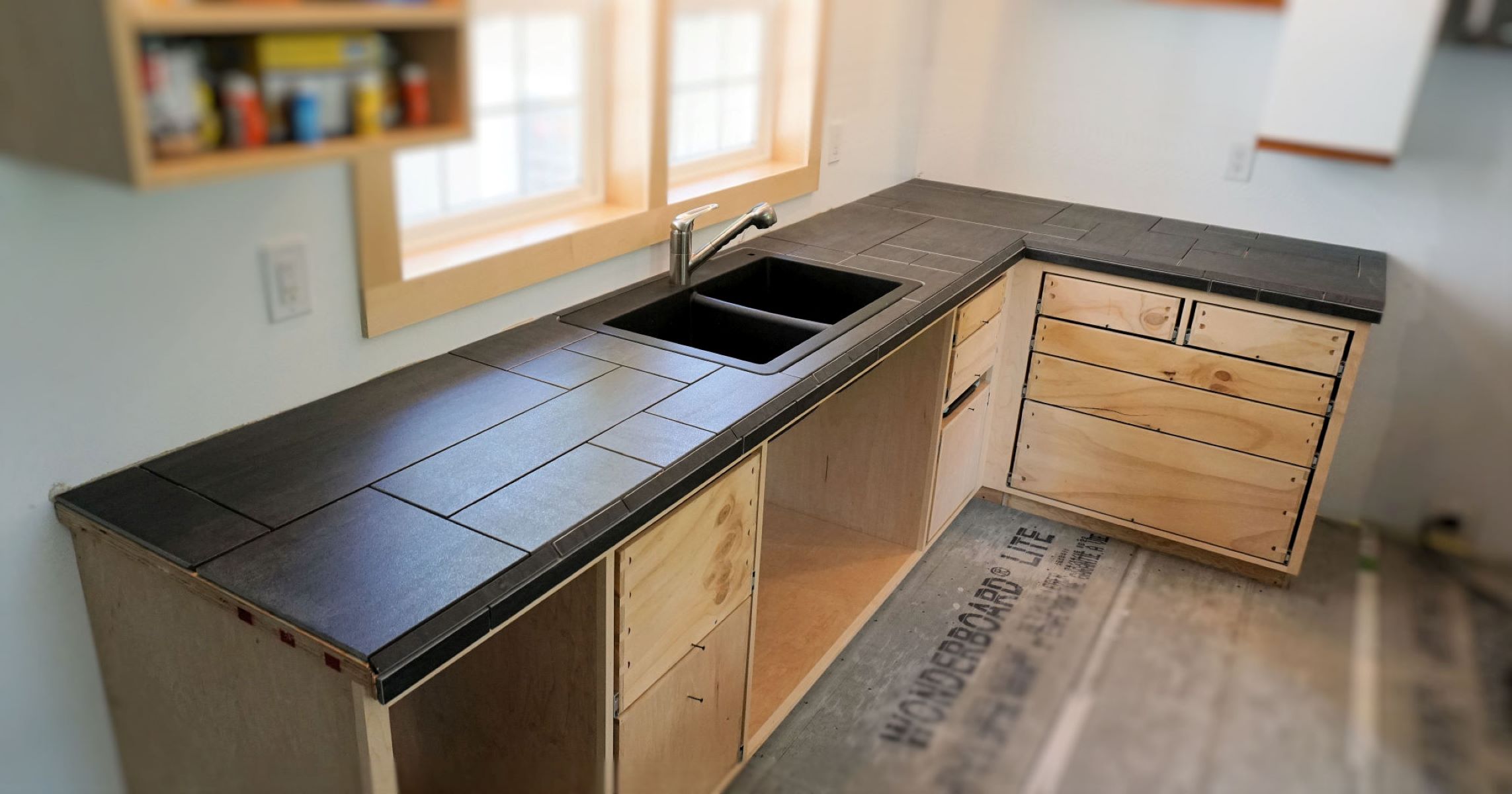
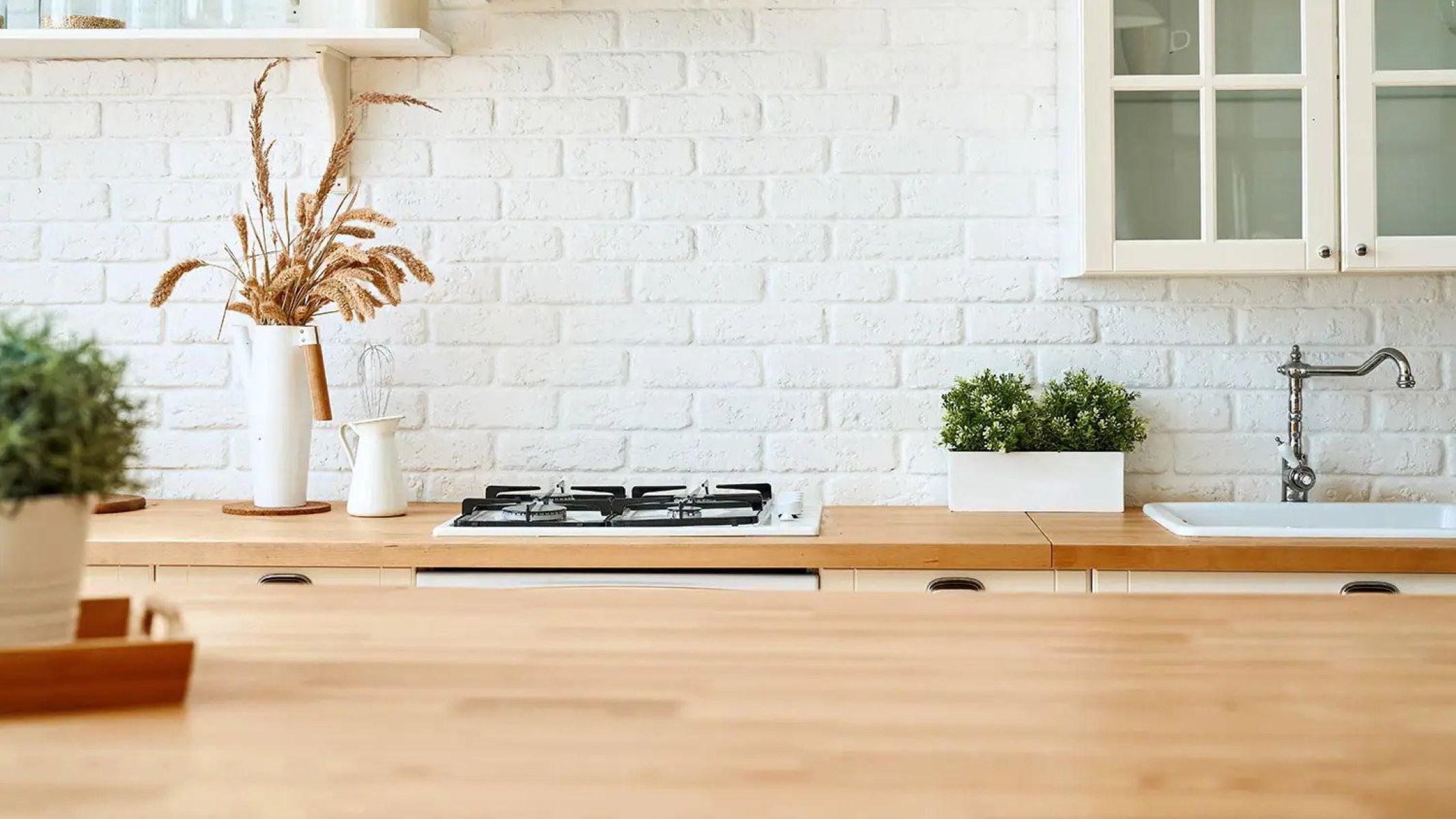

0 thoughts on “How To Make Terrazzo Countertops”